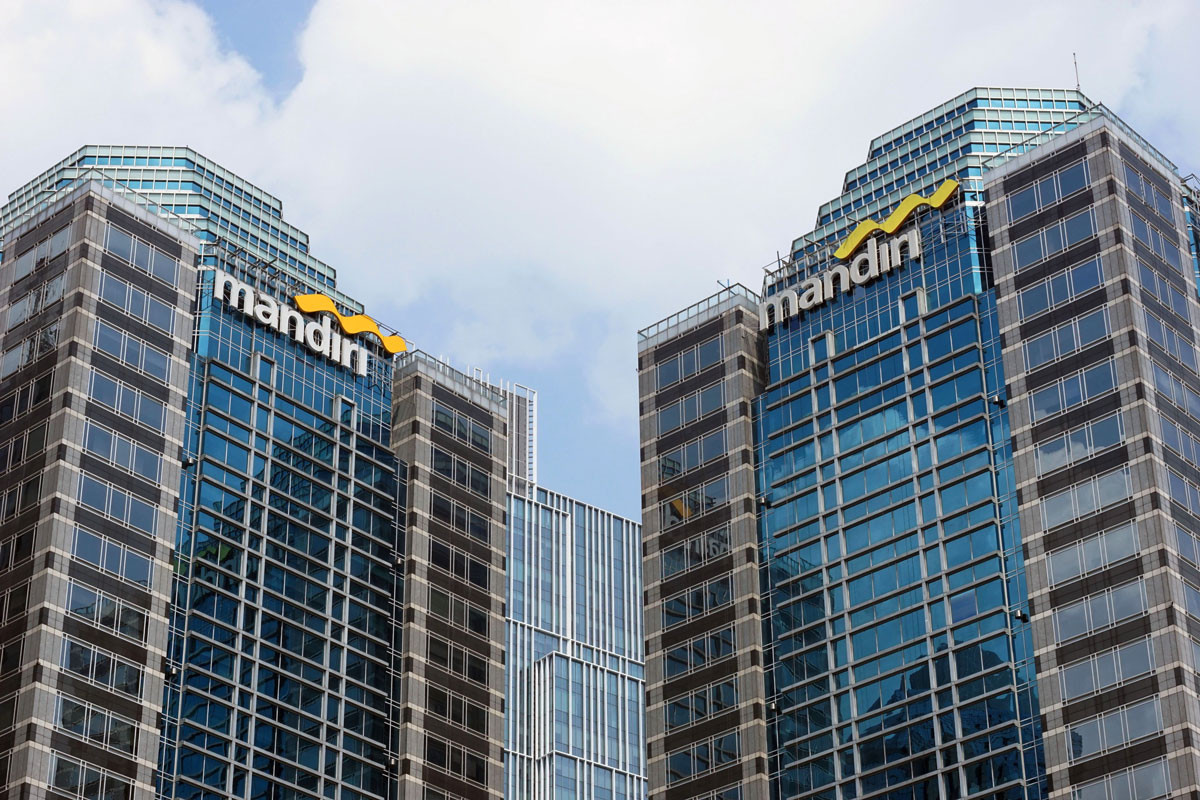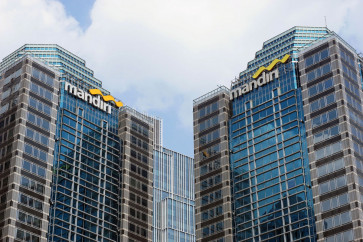Popular Reads
Top Results
Can't find what you're looking for?
View all search resultsPopular Reads
Top Results
Can't find what you're looking for?
View all search resultsIndonesian banks' results reflect deteriorating assets, but hopes remain: Experts
Despite the asset quality concerns, experts are of the view that Indonesia’s banks are still in a good condition.
Change text size
Gift Premium Articles
to Anyone
T
he first half results reported by Indonesian banks reflect an asset deterioration in the country’s banking industry as the coronavirus hits economic activity, experts have said.
State-owned Bank Mandiri, Indonesia's second-largest bank by assets value, reported Wednesday its net profit was down 23.9 percent annually to Rp 10.2 trillion (US$689.6 million) in the first half of the year, while loan disbursement grew just 4.38 percent year-on-year (yoy) to Rp 871.6 trillion as of June, lower than over 14 percent growth recorded in the first quarter.
The bank’s ratio of nonperforming loans (NPL) – or the number of loans in default as a percentage of total loans – reached 3.28 percent in the first half of the year, an increase of 0.7 percentage points from the same period last year.
State-owned Bank Rakyat Indonesia (BRI) announced Wednesday a 36.9 percent annual drop in its net profit to Rp 10.2 trillion during the first six months of this year due to a loan restructuring program and interest rate discount given to debtors. Its loan disbursement growth slowed to 5.2 percent yoy to Rp 922.97 trillion as of June while its NPL ratio increased to 3.13 percent compared to 2.52 percent in the first half of 2019.
Previously, Bank Negara Indonesia (BNI) also recorded a 41.6 percent plunge in its first half net profit to Rp 4.46 trillion as its asset quality deteriorated.
Publicly listed Bank Central Asia (BCA), the largest private bank in Indonesia by assets, announced in July that it saw an annual contraction in its net profit in this year’s first six months as its NPL ratio increased to 2.1 percent as of June, swelling from 1.4 percent in the corresponding period last year.
“The coronavirus outbreak hurt Indonesian banks’ results in the first half of 2020,” Moody’s Investors Service financial institutions group analyst Li Tengfu wrote in a note. “Restructured loans increased significantly, indicating a deterioration in asset quality, while credit costs also rose sharply and weighed on profitability.”


















